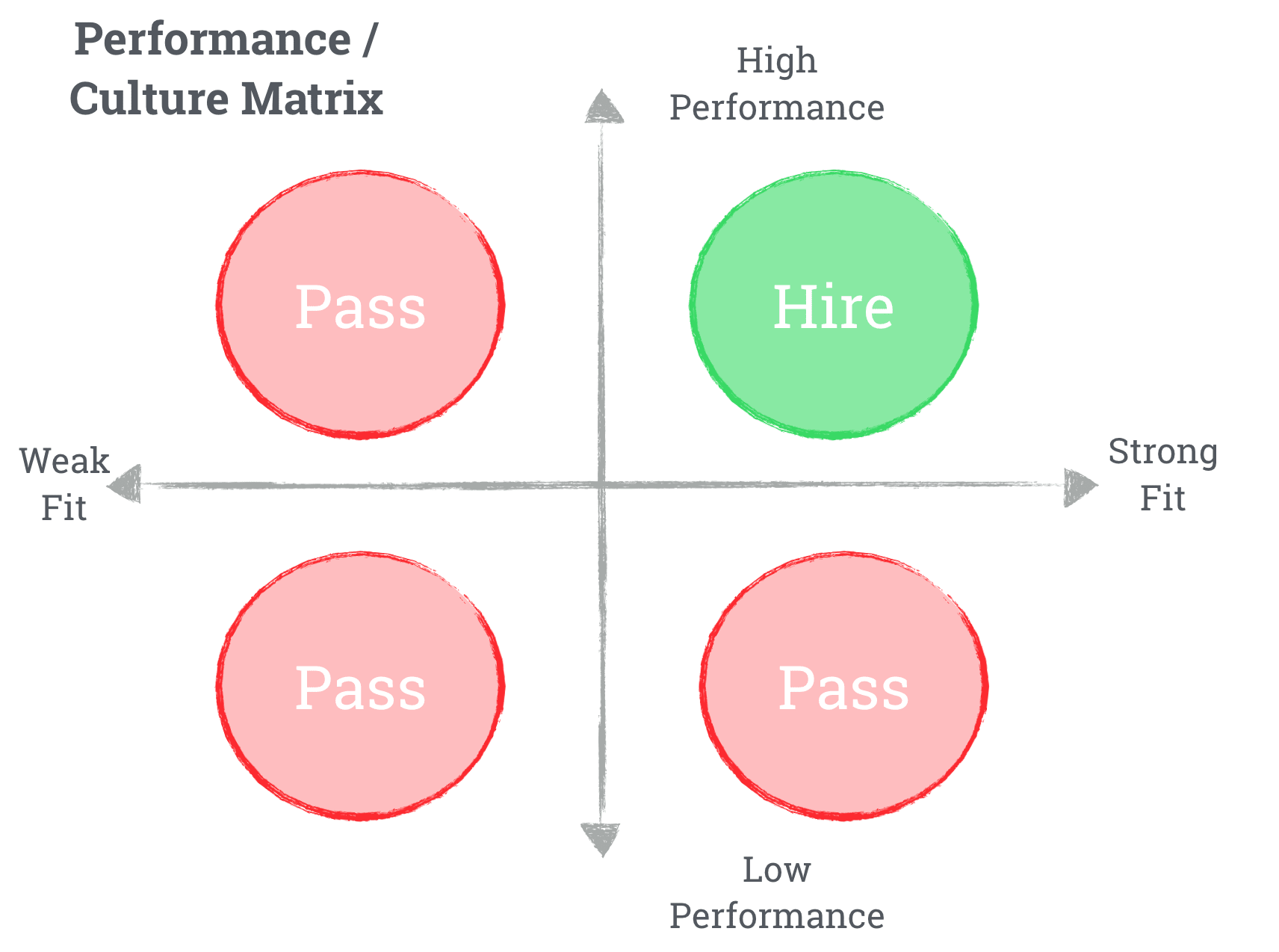After a startup attains product market fit and begins to exceed the first breaking point of the startup management structure around 10 employees, it’s time to codify the company’s values. The values of the company are the most concrete way for a business to determine whether candidates might make good employees.
At two separate SaaS Office Hours recently, we heard similar stories from Maia at Greenhouse and Pete at Optimizely. At both Optimizely and Greenhouse, one member of the management team began the values definition process as the company began to scale.
First, the lead solicited feedback from current employees about what they liked and didn’t like about working at their startup either by interviews or surveys. Then, the lead condensed these into an initial set of values reviewed by the management team.
Next, the management team presented them to the employees, and began an iteration and refinement process until everyone was satisfied that the values written down truly reflected the way employees felt about the company.
Last, the values began an integral component of the interview process for new people.
At Google, we called these values Googliness. Other companies employ witty acronyms and other mnemonics, but all of them consider the cultural fit a critical element in hiring people.
These values determine where in the Performance/Culture 2x2 matrix depicted above. As Maia told us, companies should only hire candidates that fit in the upper right quadrant, that are both high performers and strong cultural fits. And hiring managers often hire the wrong person when they compromise on either one of these attributes, as tempting as it may be in this competitive talent market.
Behavioral interview questions test values best. If your startup prizes customer-centricity, ask candidates, “Tell me about a time when you went out of your way to help a customer?” And after they’ve responded, follow up with, “Now tell me about a second time.” Candidates who truly do embody customer-centricity shouldn’t be challenged by these questions, and the cultural fit will become clear.
This type of structured interview should test for the values the company has enumerated together, and will ensure a more consistent hiring success rate and better candidate fit.
